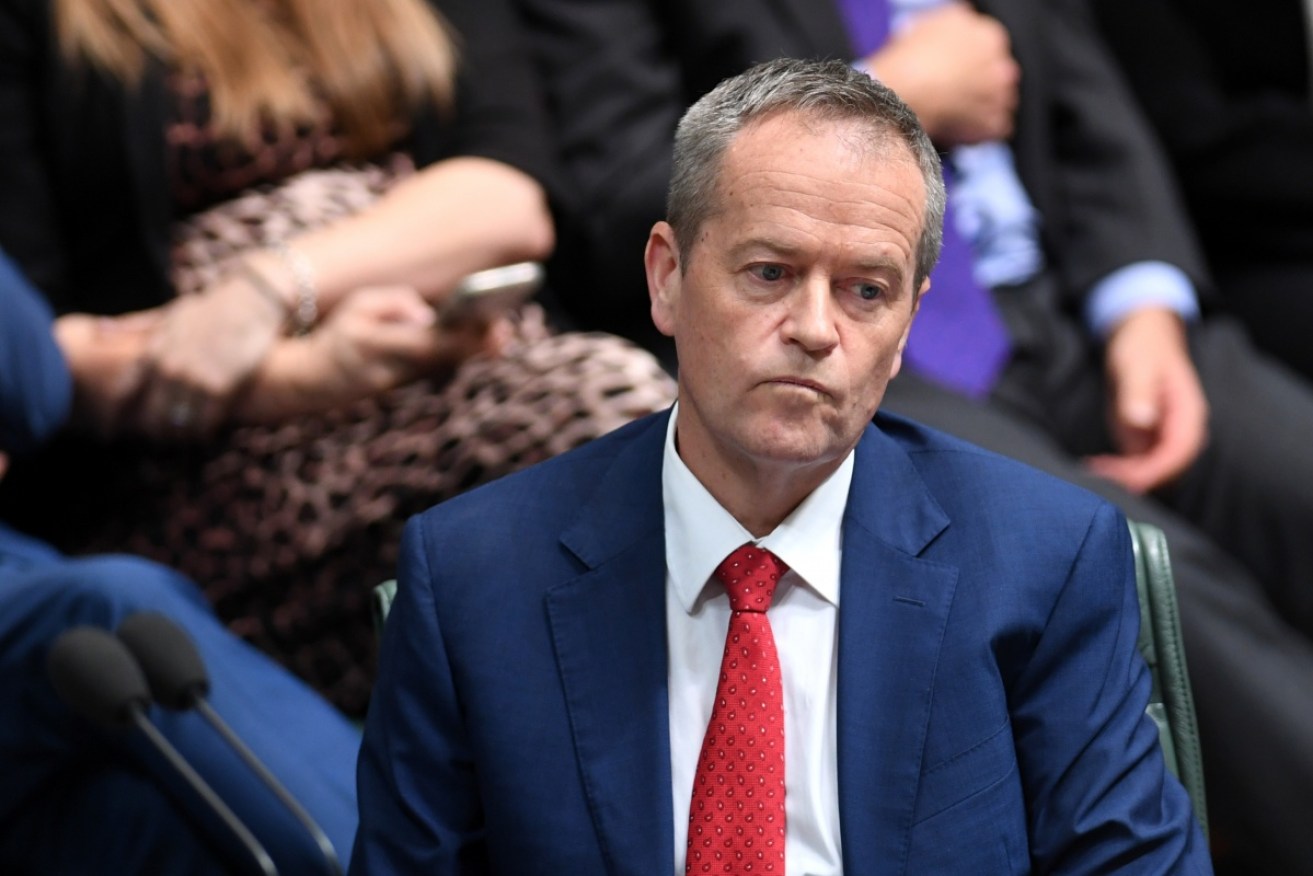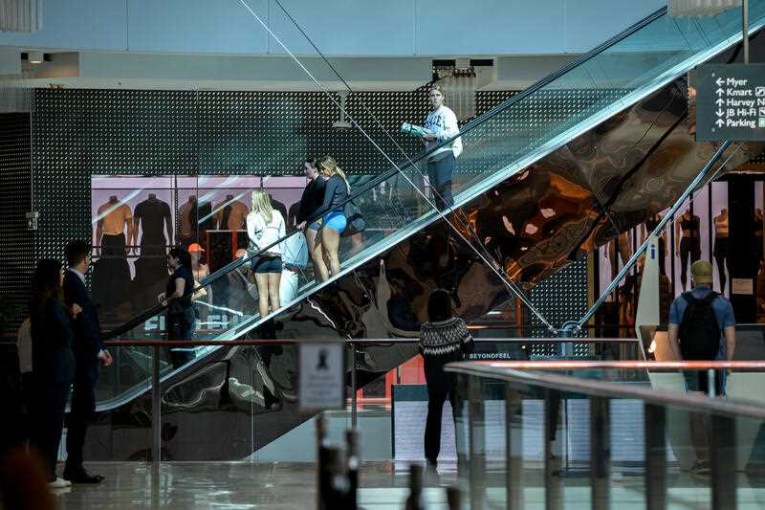Turnbull’s win on Gonski 2.0 leaves Labor looking surly and thuggish


Bill Shorten is pictured in Question Time in the House of Representatives on Tuesday Photo: AAP
If political pundits had been asked six months ago to predict the party that would emerge looking worse after a battle over education funding, none would have said Labor.
But as federal parliamentarians made their way home after a week of frenetic debate, which culminated in the Coalition government’s Gonski 2.0 reforms being passed by the parliament in the early hours of Friday morning, Labor emerged from the fracas looking like a spoiled and thuggish loser.
Education has traditionally been a strength for Labor, whether in government or opposition, with voters consistently saying they trusted the progressive party over its opponents to deliver better schools policy.
This view was likely strengthened by the Gillard government’s innovative Gonski reforms, even though it later emerged that the original version of Gonski had been subverted by the special deals done to get the state governments to sign up to the scheme.
In contrast, the Coalition traditionally cuts funding to schools, with the justification that the states and territories are responsible for public education, which makes up the bulk of Australia’s schools. No wonder there was such a tizz when Prime Minister Malcolm Turnbull appeared before the assembled media with the Gonski-man himself to declare the Coalition would significantly increase funding to schools under Gonski 2.0.
This was unambiguously a declaration of war on a new front for Bill Shorten and his Labor team. They were used to fighting education on their terms – Labor spends more, the Coalition cuts more – and were now presented with the awkward choice of either congratulating or criticising the government for stealing one of Labor’s policy crowns.
Just as Labor did two weeks later when it rejected the “Labor-lite” budget, the Opposition decided to heed Tony Abbott’s advice that it’s better to have something to “fight for”, and called Gonski 2.0 an “act of political bastardry” that represented a $22 billion cut to school funding.

Malcolm Turnbull visits Santa Sabina College in Strathfield, inner-west Sydney, on Friday. Photo: AAP
But in a sign that the political media (and its audience) has grown tired of Labor’s Abbott-like hyperbole, the Opposition’s claim of a $22 billion cut was called out by journalists as more a rhetorical device than anything based in fact. A bit like Labor’s pre-election claim that the Coalition would scrap Medicare.
As a result, Labor appeared ungracious for not acknowledging the wisdom of the Coalition’s late conversion to Gonski, inconsistent for arguing against the new Gonski, and dodgy for claiming a non-existent cut to funding.
The union creators of the “I give a Gonski” campaign, the Australian Education Union, backed Labor’s obstructionist approach, reportedly threatening to campaign against the Greens at the next election if the minor party helped to pass the government’s new Gonski legislation through the Senate.
This was a serious threat given the AEU has the money to deliver it. The union spent nearly $7 million during the 2016 federal election campaign, more than any other single union or lobby group other than GetUp, which spent around $10 million.
Labor wouldn’t have benefited from being associated with this type of union heavying, particularly in the same week that the leader of another Labor-aligned union was pinged for thuggish behaviour.
The other element of the Turnbull Government’s Gonski 2.0 success this week, that pundits may not have predicted, was the cooperative and constructive way the supposedly chaotic and obstructionist crossbench improved the scheme while passing it through the Senate.
The Prime Minister may well have felt quietly vindicated by this outcome, secure in the knowledge that the Senate crossbench prior to the 2016 election would not have behaved so responsibly.
In short, it was a good week for the Turnbull government and the Prime Minister. But regrettably for him, this success is probably not enough to shift the opinion polls in any significant way.
As Deputy Prime Minister Barnaby Joyce reminded government MPs this week, the next federal election is still two years away. The lack of momentum in the opinion polls over the past few months suggests voters have parked their hypothetical ballot with one or other of the parties, and see no reason to consider moving that preference until the actual election is imminent.

Bill Shorten and Tanya Plibersek visiting St Thomas the Apostle Primary School in Canberra on Wednesday. Photo: AAP








